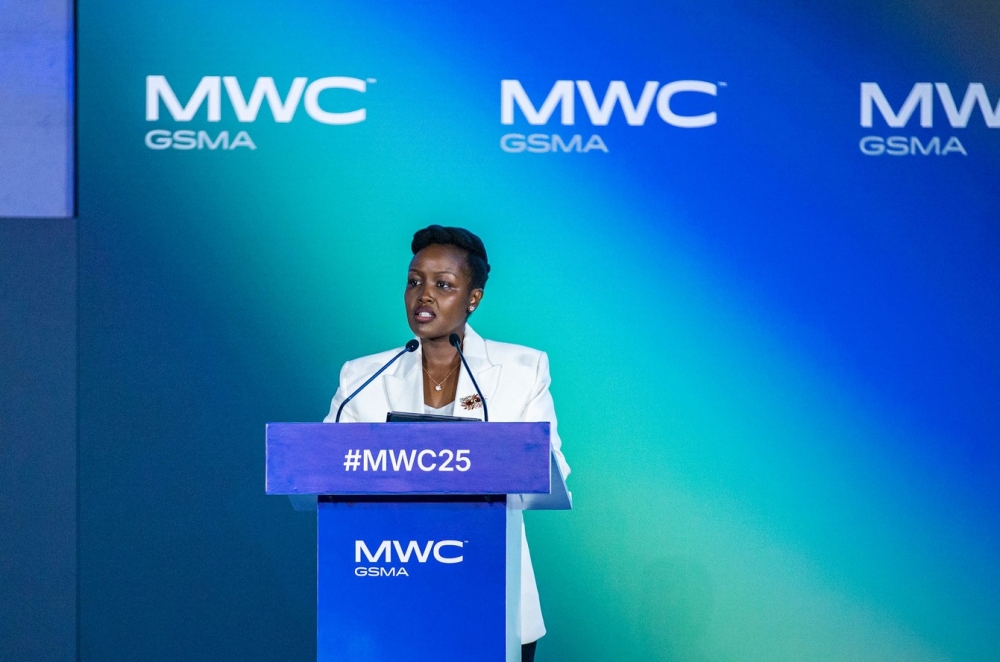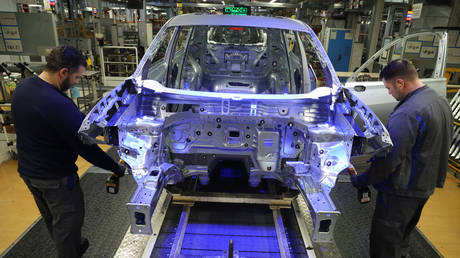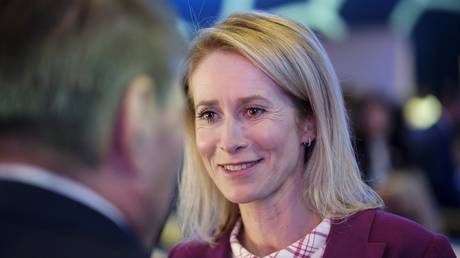Fresh calls to remove taxes on entry-level smartphones priced below $100 have emerged at the ongoing Mobile World Congress (MWC) in Kigali, with experts warning that high costs continue to slow access to internet and devices for millions of people.
The call was echoed on the first day of the summit, which has convened over 4,000 participants from across the globe, including government officials, tech experts, and industry leaders, to discuss how Africa can leverage mobile infrastructure to achieve economic gains.
ALSO READ: Kagame: Technology should benefit all Africans, not widen inequality
A coalition of six major telecom operators, represented by the GSMA, proposed minimum standards for affordable 4G smartphones, including requirements for memory, battery, display, and camera quality.
The goal, the GSMA said, is to help manufacturers produce reliable 4G phones that can be sold for $30 to $40.
According to GSMA Intelligence, $40 smartphones could bring mobile internet to 20 million more people in Sub-Saharan Africa, while $30 handsets could connect some 50 million.
“A smartphone is not a luxury – it is a lifeline to services, jobs, and opportunities in the digital economy,” GSMA Director General Vivek Badrinath told participants in Kigali.
In some countries, import duties and VAT add more than 30 percent to the final price of a smartphone.
This is not the first time the GSMA has made this call. The group has repeatedly urged African governments to reduce or scrap taxes on entry-level devices, arguing that such measures would make a tangible difference in digital inclusion.
ALSO READ: AI must be affordable in Africa, say experts at Mobile World Congress
Earlier this year, South Africa removed taxes on budget smartphones, a move the GSMA says should serve as a model for others. It believes affordable devices will be key to unlocking the continent’s digital potential and economic growth.
Rwanda’s case
Paula Ingabire, the Minister of ICT and Innovation, shared how reforms and partnerships have boosted Rwanda’s connectivity in just two years.
She said Rwanda’s 4G subscriber base has grown tenfold, from 500,000 in 2023 to 5 million by mid-2025.
Ingabire attributed this progress to a recently launched National Broadband Policy, strong public-private partnerships, and reforms that opened competition and cut costs.
During the same period, MTN Rwanda launched 5G services, while the government secured 60 gigabytes of bulk internet capacity to connect homes, schools, and hospitals.
So far, around 1,000 health facilities and 4,000 schools have been connected, and 4 million citizens trained in digital literacy through the Digital Ambassadors Programme, she said.
“Behind these numbers are real lives that have been transformed. With the 1 Million Coders programme, we are nurturing a generation ready to build Africa’s digital products of the future,” Ingabire said.
Rwanda’s case shows how connectivity can shift from an infrastructure challenge to a human capital opportunity. “When vision meets partnership, progress follows,” she told delegates.
Axian Telecom Group CEO Hassan Jaber announced plans to expand 4G coverage to 95 percent of Africa’s population by 2027.
He said the company has secured major funding — including $100 million from the European Investment Bank and $160 million from the African Development Bank — to support expansion in Madagascar and Tanzania.
Jaber said Africa’s young population remains its greatest strength, with the number of mobile subscribers expected to reach 700 million by 2030, most of them women.
Despite such progress, affordability remains the main barrier. The State of Mobile Internet Connectivity 2025 Report shows that over 3 billion people worldwide live within mobile broadband range but are not online, mainly because they cannot afford smartphones.





